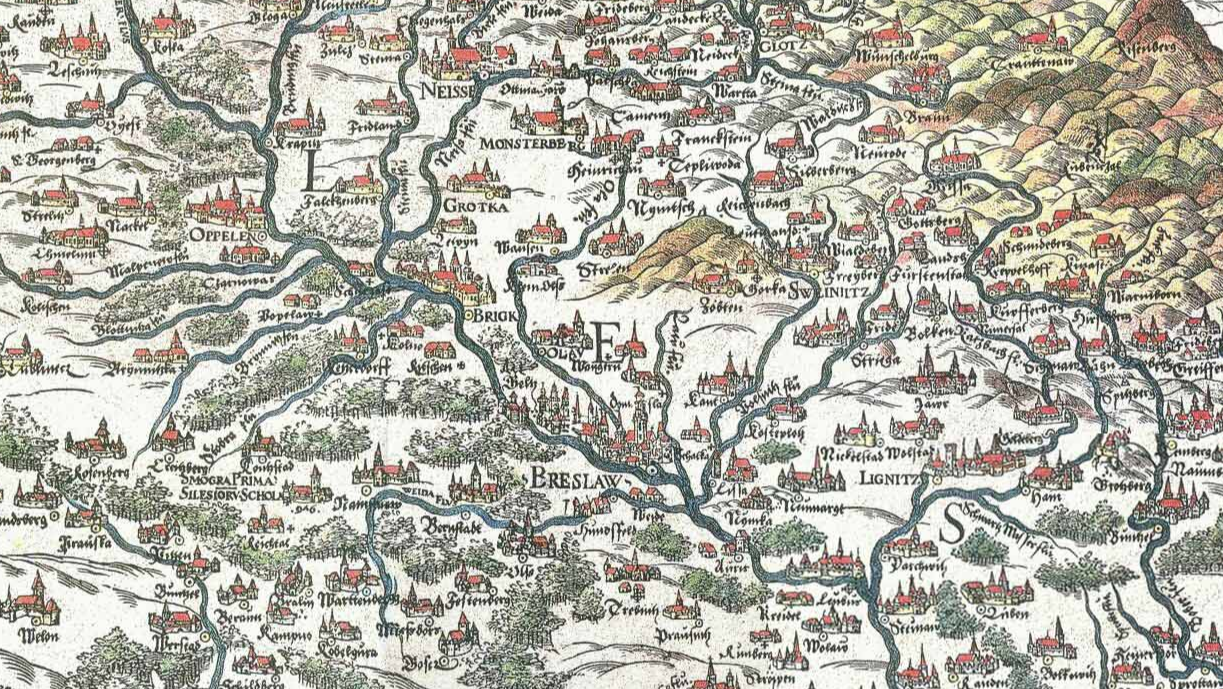Books & Culture
In Everything I Found on the Beach, Cynan Jones’ Writing Is Rapid-fire Perfection

The Welsh writer Cynan Jones’s novels are short in length but weighty in their content, bald and yet redolent with complex emotions. Everything I Found on the Beach prefigures the tautness of The Dig with a story of men whose lives intersect less immediately but with as much force and wider repercussions. This earlier work — originally published in the UK in 2011 and now in an American edition — tells the parallel stories of men who are looking for a chance of a better life. The pivotal character in the book is Hold, a Welsh fisherman; he carries lingering sorrow for the death three years previously of his childhood friend and workmate Danny, and strong feelings for Danny’s widow Cara and son Jake. Both Hold and Cara acknowledge to themselves the great care they have for one another, but the notion of romance has no place in this narrative.
Cynan Jones has spoken of writing about “men getting through things, often physically.” For the characters in Everything I Found on the Beach, this brings them into contact with nature, with the wild, in powerful ways. The descriptions in the novel of Hold rhythmically filleting the fish he catches and cleaning the rabbits he shoots are visceral, but Hold’s actions are governed by his sense of what he calls the rightness of things, not a love of killing or sport, and these descriptions are beautiful, purposeful and never gratuitous.
Events in Hold’s childhood have taught him how to make choices and to develop the capacity to live with them. He took the fall for something Danny did at the fish factory and was fired. But Danny died without insurance cover. Without a sum of money which Hold cannot raise, the old family house which he had worked on with his friend will be lost. One night as he gathers the fish caught in the nets on the beach, he is presented with a chance opportunity as something of great value is washed ashore. Danny had loved presenting his son with opportunities to hunt for treasure. Hold has the old newspaper cutting which his friend had kept about a rare find of ambergris, so-called floating gold, washed up on a beach. What Hold finds on his beach is a substance which is also compared to gold, but one accompanied by great danger: cocaine.
This is where Hold’s story collides with that of Grzegorz, a farmer who has left his native Poland and come to Wales with his family for the chance of a better life. Instead, he finds himself stuck in a no-man’s-land facing “Polish out” graffiti on walls, and a new baby comes “not with celebration but as an extra weight.” In his own life he shares Hold’s respect for animals and is sickened by the passivity of cows and lambs with “stubborn, incomprehensible eyes” as they face death in the slaughterhouse where he works. Punished with a reduction in his hours for taking home for food parts of the meat which would otherwise go to waste, he seizes the chance to dig for cockles on the beach and then the even more hazardous one to bring a consignment of cocaine ashore.
Both Grzegorz and Hold face desperate circumstances, but they are not portrayed as victims. They make their choices in full knowledge of the dangers they face because of the responsibilities they have undertaken–Hold to Cara and Jake; Grzegorz to his wife Ani and two young children.
“‘Why? Why did I make this choice?’ Grzegorz thought. But he knew. ‘I know why I made this choice. You always have to wait in line. All my life I’ve been waiting in line. Wait your turn, know your place. That’s all there is. I wanted to change something.’”
Cynan Jones’s taut prose conveys most powerfully the complexities of the men’s feelings. He employs all the senses to do so — Hold’s response to the talismanic sight and sound of a herd of curlew flying over the beach, ghostly in the moonlight; the lingering odor of tripe cooking which Grzegorz calls “the smell of poorness”; the taste for Hold of the raw fish and the feel of the splinter of brick in his finger. Cynan Jones builds a sense of solidity and amplifies it by his exploration of the men’s thoughts, turn by turn, back and forth like the tides washing waves onto the shore.
The core strength of this book, for me, is in its depiction of Hold and of his integrity. He is a good man. Good men can make bad choices with the best of intentions. Hold makes the choice to take the cocaine from the beach because he wants to honour his friend’s memory and provide for Cara and Jake. And when he begins to piece together Grzegorz’s story he wants to help his family too. Many times on his journey north to the town where the end of the story will be played out he has other chances, chances to pull back. But he compares his decision to continue to pulling the trigger of a gun:
“Once you pull the trigger, you are responsible for everything that happens in the path of that bullet. You can get all the way to having something in your sights and you can still back out. But if you do pull the trigger, you’re up. You follow it through. You can’t call the bullet back.”
At the end of the road Hold waits for an appointment. It is with men who have come across on the ferry from Northern Ireland, from the place of the Troubles, taking a chance to try and get away from their personal troubles and sorrows. Their chance involves doing the dirty work of others whose choice is to remain anonymous. When the waiting is over events tumble fast and it is those people who keep away from the action who win out in this story, if indeed anyone can be described as a winner. But the book did not, for me, engender despair. It portrays harsh realities of life on the edge and conveys the complexity and subtlety of life for men in those situations. The realities for the women concerned are seen too, but only in vignettes — there is another story, a longer story, to be told from their perspectives.
The beach is a powerful metaphor in this book, representing a threshold in life for both Grzegorz and Hold as well as being the place where events are played out, first and last.
For those of us who write, tell and read stories to make sense of the world, I feel this short novel is a work of great insight. It does that all-too-rare thing which is to spool on in your mind after you’ve read it. This is not merely because the author leaves some things in the story unexplained or ambiguous. It is also because he opens up moral dilemmas for our inspection and us to ponder long after we have turned the last page.







